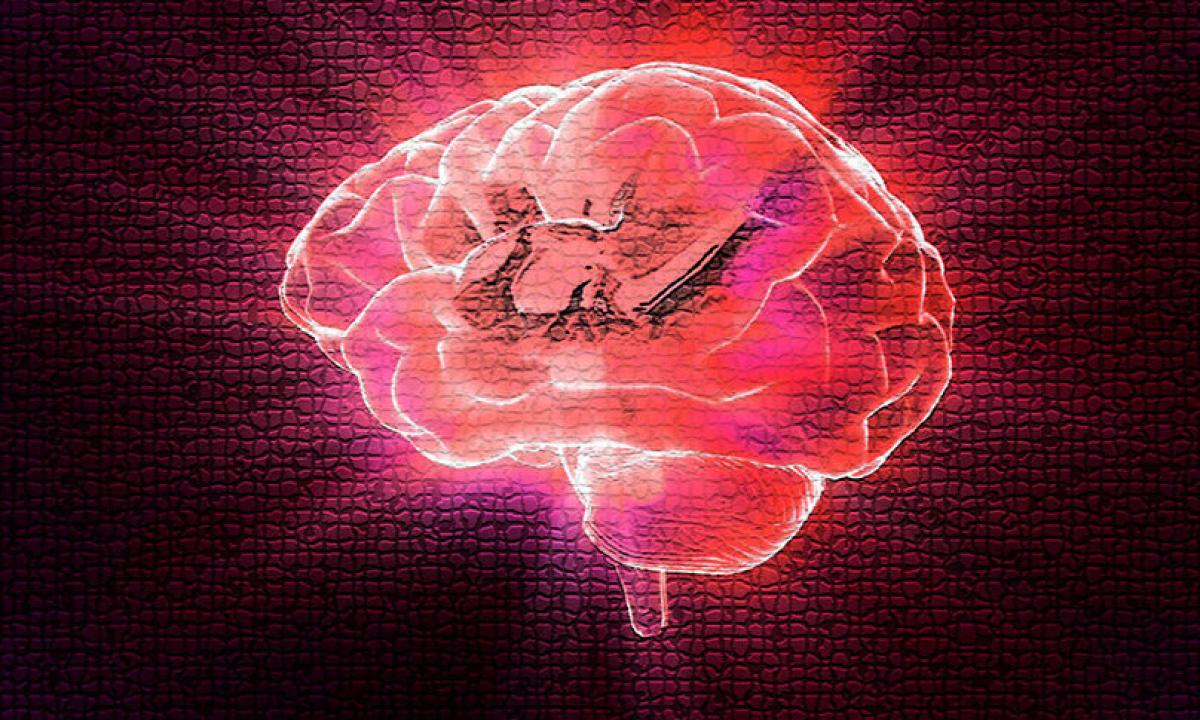Psychology – piece much more intricate, than just medicine. Corporal problems have always an effect, and here with problems of psychological property of people can live all life, even without realizing up to the end what weight in the form of experiences and complexes it bore in the soul for many years. The cognitive direction in psychology helps to understand feelings, experiences and complexes to psychologists.
This direction appeared in the sixties the last century, and was initially worthy alternative to behaviorism, popular in those days in America. The cognitive psychology sees before itself the purpose – to study a role of knowledge in behavior of the person and also change of information which he obtains by means of sense organs. Extremely important for this direction studying the organization of knowledge and information in memory and also mechanisms of thinking and storing.
Cognitive psychology - basic provisions
The mentality of the patient is considered as the accurate system of cognitive operations. Here what is studied by modern cognitive psychology: imagination, memory, attention, perception, recognition of images, development, thinking, intelligence of the person.
Developed basic provisions of this direction A.T. Beck. This scientist believed that various violations of mentality can be explained, first of all, with incorrectly built consciousness.
The person suffering from violations is not able to estimate adequately the world around, people around and himself. For example, the patient with a depressive syndrome, the nice and physically developed twenty-year-old young man, sees himself sick and broken, and the future – series of tortures and failures. The cognitive psychology of the personality studies similar cases, and puts before itself and the purpose is to determine by the patient what his judgments, thoughts led to so disease state. Methods of cognitive psychology teaches the person to learn himself, adequately to perceive reality and to fulfill knowledge methods in practice.
The method consists of three stages:
- Stage of the logical analysis. The patient receives tools by means of which he to learn to reveal the wrong judgments arising sometimes in the heat of passion.
- Stage of the empirical analysis. During passing of the second stage the psychotherapist together with the patient works the receptions helping to correlate among themselves elements of objective reality.
- Stage of the pragmatical analysis. At the final stage the patient to learn to realize the actions optimum.
Now this method is effectively applied not only to work with depressions, but also to work with the people suffering from excessively underestimated self-assessment.
The cognitive and behavioural psychology is one of the directions cognitive psychology. The experts working in the field believe that all problems of the personality arise because of his wrong behavior. Its purpose is to train the person in adaptive, adequate behavior, to set his skills, having resolved, thereby, its problems. During consultation the psychotherapist together with the patient finds the behavior models harming him and offers instead of their new. The patient will also have to perform tasks in usual life, working new models of the behavior.
The cognitive social psychology studies any more not problems of the certain individual, but mechanisms of his social judgments which stay within his ordinary consciousness. Experts of this direction research ways of the personality to explain and perceive rules of surrounding reality.

